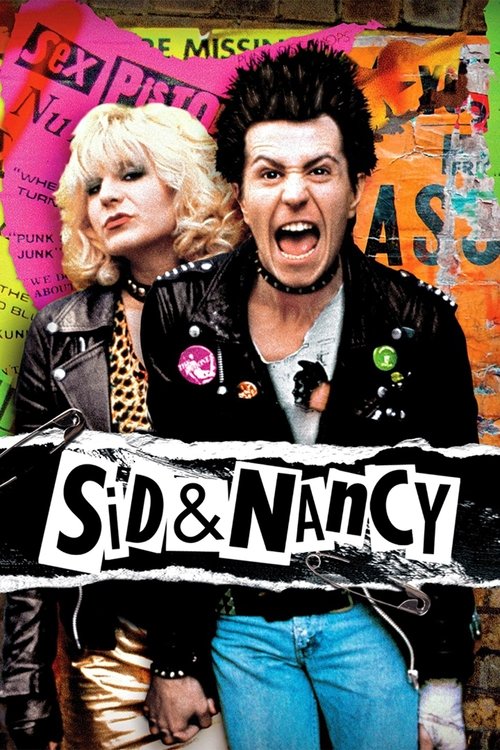
Title: Sid and Nancy
Year: 1986
Director: Alex Cox
Writer: Alex Cox
Cast: Gary Oldman (Sid Vicious), Chloe Webb (Nancy Spungen), David Hayman (Malcolm McLaren), Debby Bishop (Phoebe), Andrew Schofield (Johnny Rotten),
Runtime: 114 min.
Synopsis: January 1978. After their success in England, the punk rock band Sex Pistols venture out on their tour of the southern United States. Temperamental bassist Sid Vicious is forced by his band mates to travel without his troubled girlfriend, Nancy Spungen, who will meet him in New York. When the band breaks up and Sid begins his solo career in a hostile city, the turbulent couple definitely falls into the depths of drug addiction.
Rating: 6.742/10